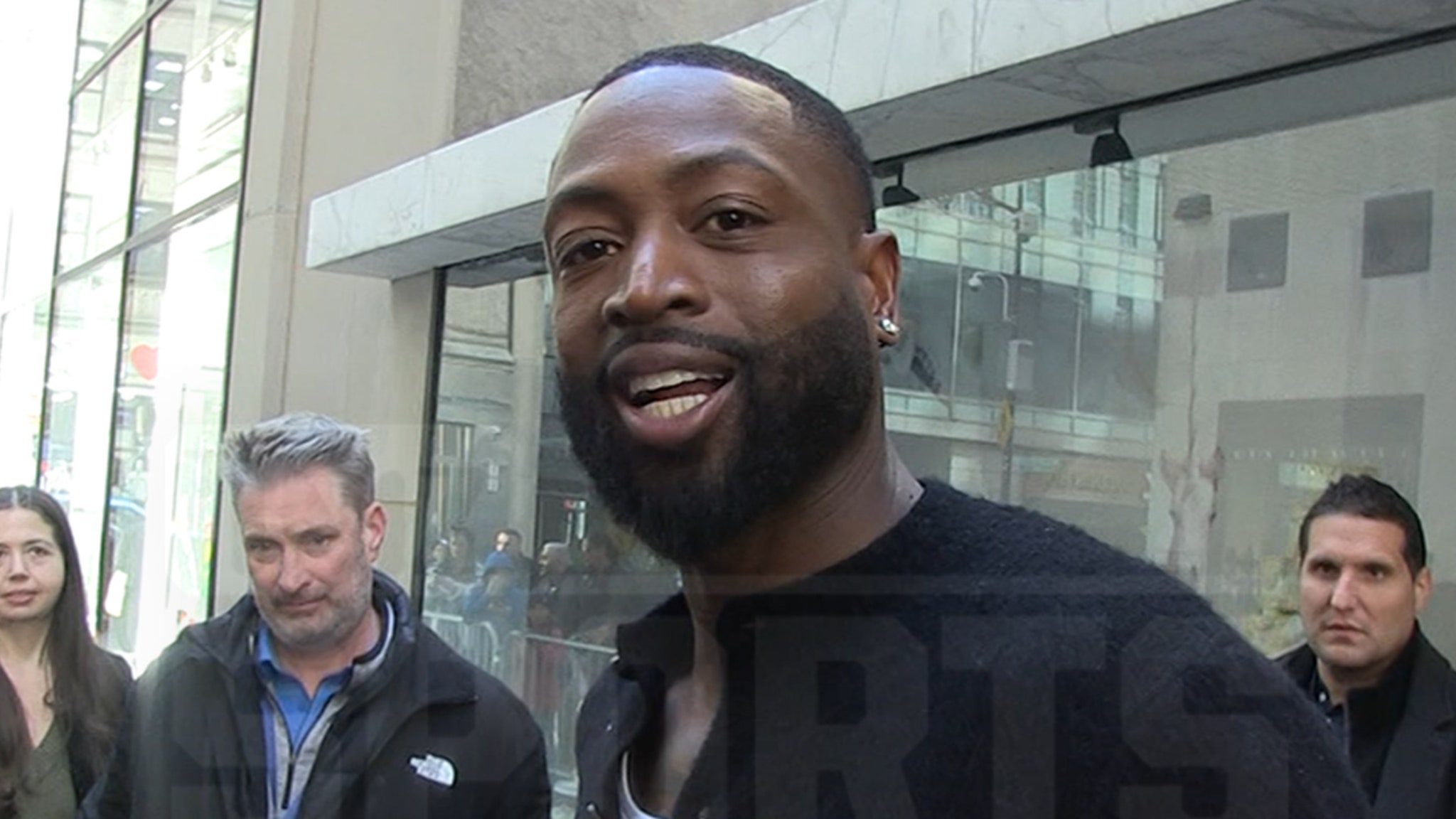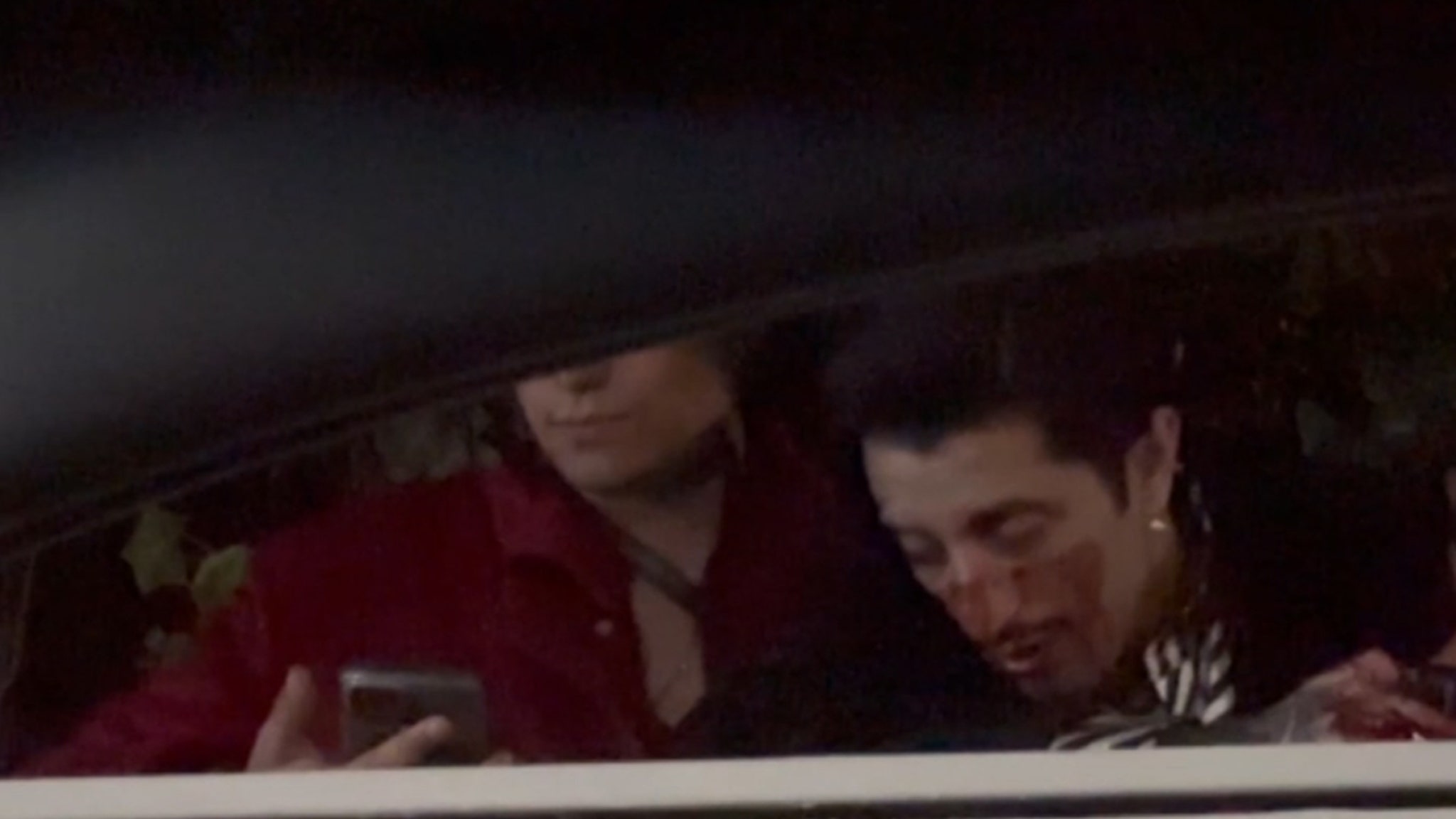Culture
Too Busy Blurbing Books to Write One

Maybe we all got fed up at the same time. Last week, Sean Manning, the publisher of Simon & Schuster’s flagship imprint, announced that it would no longer “require” authors to procure blurbs for their books. This news came just weeks after I told my own circles in a Substack post that I was exiting the world of blurbing for at least two years — a message prompting comments and emails from authors who’ve recently made a similar decision, or wish they could.
For those fortunate enough not to know, blurbing is the laborious process wherein writers beg one another for nice words for the covers of their new books, and, in return, read and provide blurbs for other new books. It’s apparently true that the term originated in 1907 with a fictional character, Belinda Blurb, shouting praise on the cover of the humorist Gelett Burgess’s “Are You a Bromide?” and I guess we’re all still in on the joke — or maybe we are the joke.
Early in my career I decided it was my duty to write at least twice as many blurbs as I received. I’ve now written about 20 times as many, and I’ve been happy to do it. But recently three things broke me.
First, I had decided that 2023 would be the year when I protected my time and blurbed next to nothing. And yet I ended up with 18 books to blurb in the summer and fall alone. I realized I needed a hard-line no blurbs policy. If I make one exception, I’ll make 50.
Second, I got a blurb request for a friend through their publisher. This friend is someone I admire, who did something nice for me once, and I was willing to make one of those exceptions at what was otherwise an extremely busy time. Writing this blurb meant not working on my own book, not doing other things I needed or wanted to do, for the 12 hours or so, spread over several days, that it took to read my friend’s book. When the book came out — and I emphasize here that the fault was the publisher’s, not the author’s — my blurb was not on it. The publisher had over-asked, and my blurb was relegated to Amazon. The experience made me seriously question how I was allocating my time.
Finally, in the past year I’ve had remarkably little time for my own reading. I had been reading my way around the world in translation — a memorial to my father, a linguist and translator — and managed only two of the books on my list all year. Every time I tried to pick up the Eritrean novella I meant to read this fall, I remembered there was something else I urgently had to finish.
I will never begrudge the asker, in part because blurbs matter — and not just to readers. Reviewers who receive early copies notice blurbs, as do those booking guests for radio shows and booksellers deciding orders. I’ve judged prizes for which each juror needed to consider 150 books, and, yes, compelling blurbs will push a book to the top of the stack.
As a reader, I pay attention to blurbs for a few reasons: first, to see what kind of book this is. A novel lauded by Salman Rushdie and Colson Whitehead will be very different from one blurbed by Stephen King and Louise Penny, which will be different from one blurbed by Jodi Picoult and Terry McMillan. I’ll also take note if there’s over-the-top praise from someone I trust, along the lines of “The most exciting new voice I’ve read in decades.” In the case of nonfiction, I want to know that, say, this physician author’s advice has been endorsed by respected experts in the field.
Otherwise, blurbs really only tell you who the author knows or studied with, or who their agent and editor know. Sometimes I’ll look at the blurbs on a debut novel and think, “Ahh, so she got her M.F.A. at Columbia.” Which tells me nothing about the quality of the work.
Here’s the dirty secret: Authors haven’t always read all (or even any) of the book they’ve blurbed. Sometimes the blurber has gotten through five-sixths of the book when the blurb is due, and rather than jilt the writer, they go ahead and write something. (I’ve done this, I’ll admit.) There’s a risk to that: What if the last 20 pages go all in for fluoride conspiracy theories or say something sexist, or just … suck? Now your name is on that book forever.
I’ve also heard stories of people barely glancing at the book and writing a blurb, or asking the book’s author to draft a blurb for them to sign their name to. And then there’s the art of blurbing the author, not the book: “Writey McWriteyface is a keen observer of our modern world.”
Blurbing, as Manning pointed out, is an inordinate amount of labor, not just for the authors securing praise, but, far more so, for those providing it. In addition to the reading time (and some of us, including me, are slow readers), it’s hard to write the dang things. It’s difficult not to sound trite, not to repeat yourself from the last time you did this. And there’s simply the work of responding to — often politely declining — requests. As of this fall, I was getting five to 10 requests a week. There are authors out there fielding a lot more.
Despite Simon & Schuster’s announcement, blurbs are not over, and won’t be anytime soon. In a world where good ones still matter, every author, agent and editor will bend over backward to obtain them.
Once upon a time, blurbs were for first novels, or at least early novels. Authors who’d already achieved decent success could fill their back cover with praise for previous works or even (terrifyingly) a giant photo of their face. These days, it seems that only a handful of mega-best-selling or Pulitzer-winning authors can get away with no blurbs. There are writers you read in high school out there blurb hunting. They’ll likely keep doing it for now.
Will I be procuring blurbs for my next novel — my sixth? Absolutely. Because in this ecosystem they still matter. And because lord knows I’ve paid in advance.






























